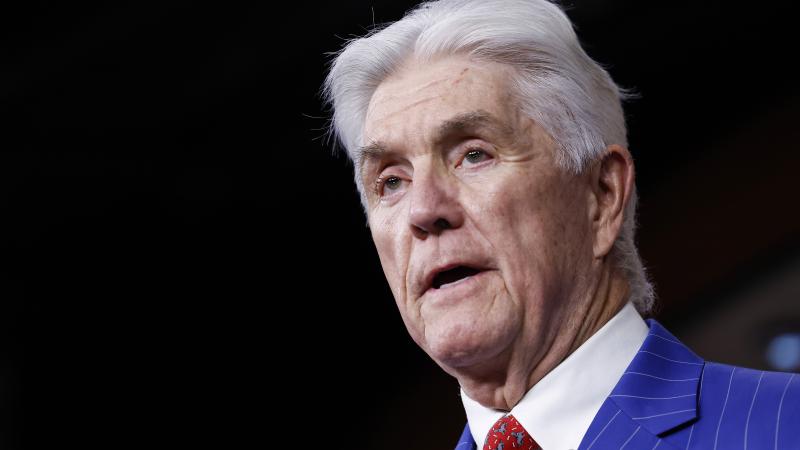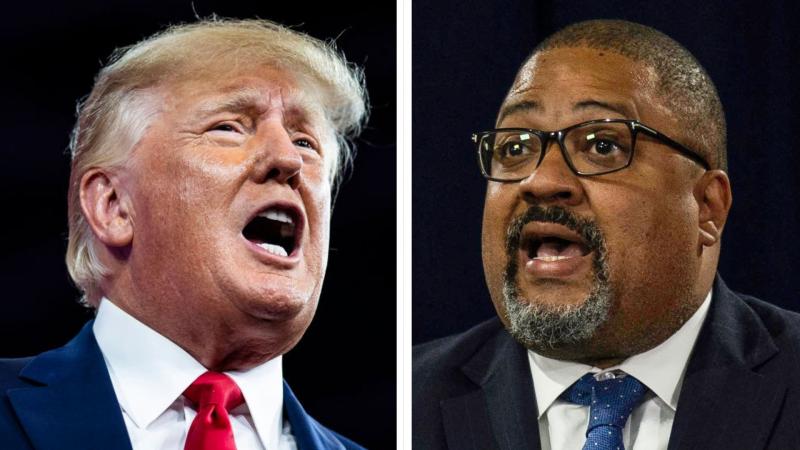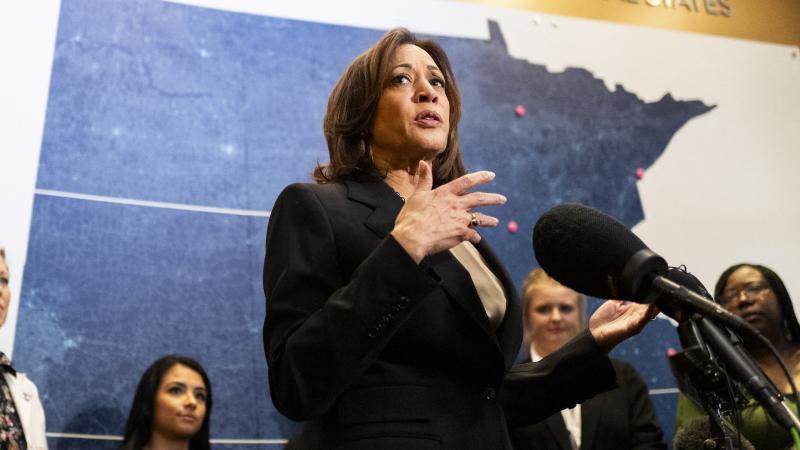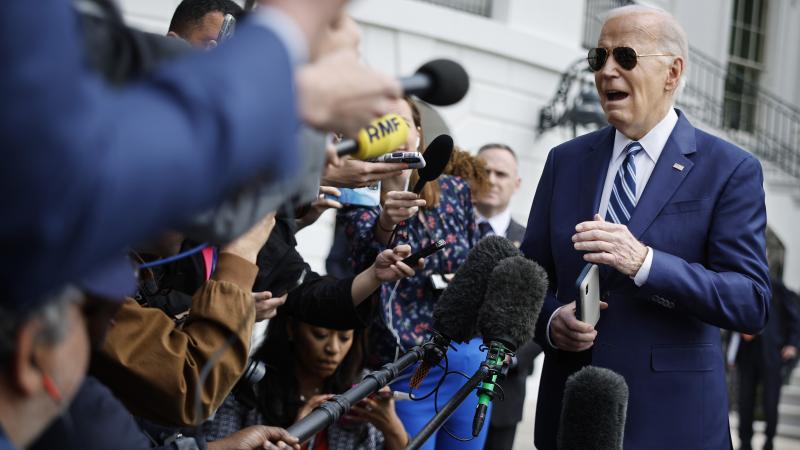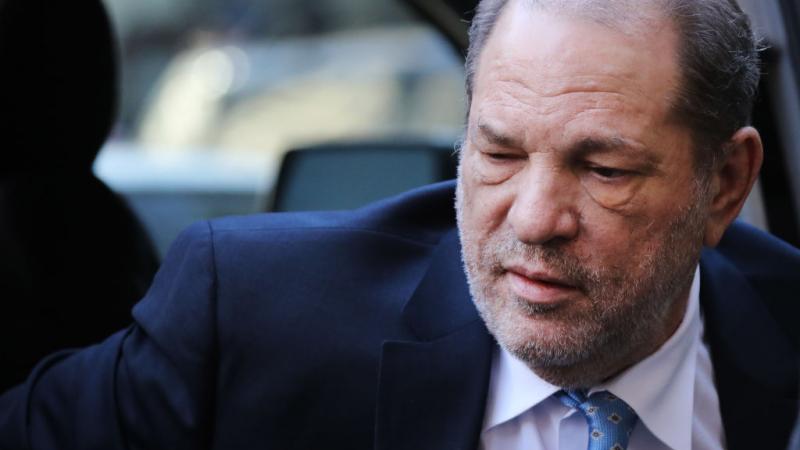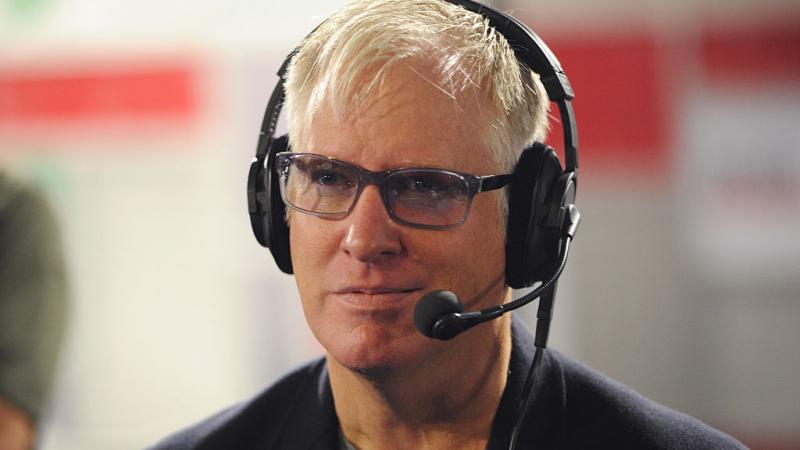Colleges mandate new boosters for students despite expert doubts about extent of testing
"Before you vaccinate millions of healthy 20 year olds, and give Pfizer billions, we usually run trials to ensure the benefit exists," epidemiologist says, objecting to lack of evidence for bivalent booster mandates.
As colleges nationwide require their students to receive new "bivalent" COVID-19 boosters, thus far tested only on eight mice, the feds are taking a greater interest in vaccine-related adverse events and owning up to earlier misrepresentations.
Less than a month after approving the non-mRNA vaccine Novavax for adolescents, a higher-risk group for post-vaccine heart inflammation, the FDA revised the conditions of its emergency use authorization Sept. 13.
Novavax must now report cases of myocarditis and pericarditis to the Vaccine Adverse Events Reporting System regardless of whether they meet the definition of "serious adverse events" (SAEs), the revised EUA letter says.
SAEs go beyond heart inflammation. National Institutes of Health researchers recently found "a variety of neuropathic symptoms" within a month of COVID vaccination in a small observational study.
Coauthors of a new peer-reviewed study that found an "excess risk" of 1,250 SAEs per million COVID vaccinations wrote an essay this week warning that regulators were tolerating far greater risks than for previous vaccines, which have a rate of 1-2 per million.
Vaccines for swine flu and rotavirus were withdrawn following much lower SAE rates, and reduced COVID hospitalizations credited to vaccines are "likely to be concentrated among vaccinees who are elderly or have chronic illnesses," UCLA's Robert Kaplan and Sander Greenland wrote.
While FDA leaders took their preliminary findings "seriously," the agency and vaccine makers refuse to share "individual level data that could confirm or refute our analysis," the essay says. "There is no legitimate reason why scientists and the public should not have access to the evidence that justified" the expenditure of tens of billions of taxpayer dollars.
CDC Director Rochelle Walensky admitted in a Sept. 2 letter to Sen. Ron Johnson (R-Wisc.) that the agency gave false information about post-vaccine surveillance.
She said it performed proportional reporting ratio (PRR) analysis on VAERS data from March 25 through July 31 this year, but not from Feb. 26, 2021 through September 2021, as the CDC's VAERS team head John Su told The Epoch Times in July. Weeks later, the agency corrected Su's claim.
The CDC's shifting accounts caused the kerfuffle with Johnson. In June, the agency denied a Freedom of Information Act request for its PRR analyses, pledged in the CDC's January 2021 "standard operating procedures," by claiming those were out of its "purview."
Johnson raked Walensky over the coals in a Sept. 12 letter. She ignored his requests to provide all PRRs performed to date, or explain why it "performed PRRs during certain periods and not others" or why Su contradicted the agency's FOIA response.
Because Walensky also ignored his requests to turn over the purportedly superior "Empirical Bayesian data mining" she mentioned, "the public cannot verify your assertion" that the two forms of analysis produced "generally consistent" results, Johnson wrote. The CDC didn't answer Just the News queries.
The FDA's oversight is also in question. Five months after the British Medical Journal claimed the agency had yet to inspect Pfizer clinical trial contractor Ventavia, the subject of whistleblower "data integrity" allegations, the FDA declined to answer queries about any further inspections or confirm it had inspected only nine of 131 sites prior to Pfizer vaccine approval.
While "the agency cannot comment further at this time in this ongoing matter, FDA has full confidence in the data that were used to support the Pfizer-BioNTech COVID-19 Vaccine authorization and the Comirnaty approval," it told Just the News.
The University of California System confirmed to Just the News it's requiring students to get bivalent boosters with Omicron BA.4/5 genetic sequences, on top of the original booster, after the parent-led group No College Mandates posted screenshots of notices to students. The UC System won't enforce the mandate "until the vaccine becomes more widely available."
"Before you vaccinate millions of healthy 20 year olds, and give Pfizer billions, we usually run trials to ensure the benefit exists. We don't just speculate," University of California San Francisco epidemiologist Vinay Prasad tweeted.
UC spokesperson Heather Harper said nothing was changing. The system "continues to require covered individuals to remain up-to-date on COVID-19 vaccination, including receipt of CDC-recommended boosters when eligible such as the updated bivalent booster, subject to the same exceptions and deferrals as primary vaccination," she wrote in an email.
Harper was asked for UC's response to Prasad and the evidence behind the mandate. COVID "has the potential to cause significant health consequences," she replied. "The best approach to protecting ourselves, families, friends and communities against the risk of hospitalization and death from COVID-19 is through vaccination, as shown through numerous scientific studies." She did not identify or provide supporting studies when asked again.
The system is "guided by the FDA's and CDC's thorough review process," Harper said. "Keeping fully up-to-date is especially important as we head into the fall and winter when rates of respiratory infections typically tend to increase."
Harvard warned students they can't enroll for spring semester without uploading their bivalent booster documentation. "What does Denmark know that you don't, @Harvard?" No College Mandates tweeted, referring to the Danish Health Authority's announcement that it will no longer offer COVID vaccines to Danes under 50 because they are "generally not at particularly higher risk of becoming severely ill." Harvard didn't answer queries.
A member of No College Mandates maintains a spreadsheet of publicly available campus COVID mandates with fields for vaccine, booster, "up-to-date" and bivalent booster requirements. It shows nearly 700 college COVID policies have been reviewed since Sept. 11.
Nineteen are labeled "new booster," including Columbia, Bowdoin, St. Olaf and Wake Forest, but more than 100 require "up-to-date" vaccinations, which the CDC defines as "the most recent booster dose recommended for you by CDC."
There are notable exceptions. Brown University is unlikely to mandate bivalents, Associate Vice President for Campus Life Vanessa Britto told the Brown Daily Herald, while Dartmouth's Aug. 11 update says students must take "one booster" but only "strongly recommends" staying up to date.
No College Mandates cofounder Joni McGary, whose son attends Dartmouth, told Just the News that Dartmouth confirmed to her there was no new mandate. The group has contacted several colleges with "up-to-date" mandates that clarified they aren't requiring boosted students to get a second, she said.
The college mandates stand in stark contrast to the 65% of Americans in a new Ipsos-Axios survey who said "there is a small risk or no risk in returning to their normal, pre-COVID life," with 46% having already done that, the highest point since the survey started in March 2020.
The Facts Inside Our Reporter's Notebook
Links
- thus far only tested on eight mice
- FDA revised the conditions of its emergency use authorization
- revised EUA letter
- National Institutes of Health researchers recently found
- "excess risk" of 1,250 SAEs per million COVID vaccinations
- previous vaccines, which have a rate of 1-2 per million
- UCLA's Robert Kaplan and Sander Greenland wrote
- vaccine makers refuse to share
- Sept. 2 letter to Sen. Ron Johnson
- CDC's VAERS team head John Su told The Epoch Times
- agency corrected Su's claim
- agency denied a Freedom of Information Act request
- January 2021 "standard operating procedures
- Sept. 12 letter
- British Medical Journal claimed the agency had yet to inspect
- whistleblower "data integrity" allegations
- The UC System won't enforce the mandate
- Harvard warned students they can't enroll
- Vinay Prasad tweeted
- No College Mandates tweeted
- Danish Health Authority's announcement
- spreadsheet of publicly available campus COVID mandates
- the most recent booster dose recommended for you by CDC
- Brown Daily Herald
- Dartmouth's Aug. 11 update
- Ipsos-Axios survey



